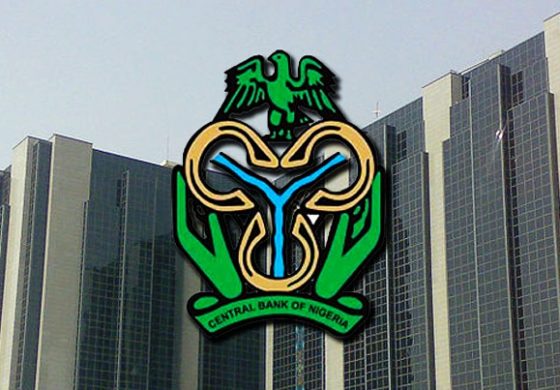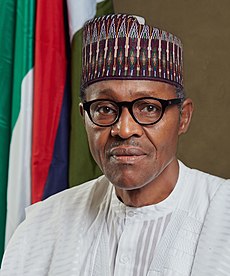A total of $2.356 billion dollars flowed into the Nigerian foreign exchange market last week through the Investors’ and Exporters’ window as well as the two interventions of the Central Bank of Nigeria (CBN) as the value of the naira is expected to inch upward this week.
The naira which had firmed at the parallel market from N365 to N364 to the dollar by the end of the week had dropped to N359.98 to the dollar at the Nigeria Autonomous Foreign Exchange (NAFEX) window and N305.6 at the CBN window before closing at N360.35 and N305.65 respectively.
Inflow at the NAFEX increased all through the week culminating in a total inflow of $1.842 billion in the five day trading week. Activities at the I&E window show that $273.94 million, $263.59 million, $306.7 million, $342.17 million and $655.72 million had been traded between Monday and Friday last week.
The CBN had on Monday sold N210 million at the wholesale, Small and Medium Enterprises (SMEs) segment, and also meet demands for invisibles such as tuition fees, medical bills and travel allowances. It also sold $304.4 million on Friday last week at the Retail Secondary Market Intervention Sales (SMIS) end of the inter-bank Foreign Exchange Market.
Friday’s intervention according to the apex bank was in favour of interests in the agricultural, airlines, petroleum products and raw materials and machinery sectors. Traders said the naira could firm to N359, from N360 this week, as exports fueled by rising oil prices pick up and offshore investors chase local assets in search of yields.
The price of crude which has been bullish since the beginning of the year was up to $71.68 per barrel as at Friday last week. So far this year it has risen by close to 20 per cent from around $60 per barrel. This has also impacted the foreign reserves of Nigeria which has accrued $1.42 billion this year.
From $38.912 billion which it was as at January 2, 2018, the 30 days moving average of the external reserves now stands at $40.33 billion as at January 25, 2018 according to data by the CBN. Acting director, Corporate Communications of the CBN, Mr. Isaac Okorafor, had reiterated that the objective of the CBN remained to boost liquidity, production and trade.
He explained that the CBN would continue to ensure liquidity in the interbank sector of the market as well as sustain its interventions in order to drive economic growth and guarantee market stability, expressing optimism that the Nigerian economy stood to gain massively from the bank’s forex management strategy as could be seen in the accretion to the foreign reserves, which now stands at over $40 billion.
According to Dr Bode Augsto, Chief Executive of Augsto Consulting, external reserves of the country is expected to rise to $46 billion by the end of 2018. Noting that the average price of Bonny Light for 2018 is likely to be higher than in 2017 driven largely by OPEC production cuts, stronger growth and political tensions in the Middle East, he said the ability of Nigeria to grow her oil export revenue is still contingent on ability to produce and evacuate crude oil from the Niger-Delta.
“If Nigeria is able to produce and evacuate crude, she will build reserves but some of the reserves will be used to intervene in the NAFEX market to keep exchange rates at near current levels.” The vice president had during the week at the World Economic summit held in Davos, Switzerland noted that the government is not worried about how the declining value of the naira will affect the oil income of the country, saying the government’s focus is on growing non-oil exports.




